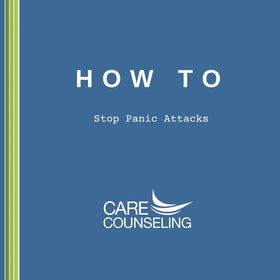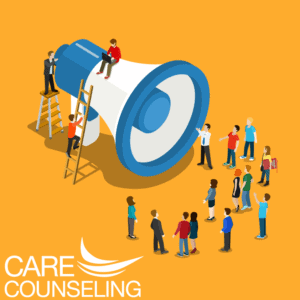As we enter a new school year in the midst of the COVID-19 pandemic, experts are warning about an alarming outbreak of increasing poor mental health. These days it seems that nothing can be too certain and things that we used to take for granted can be extra stressful like a trip to the store, taking public transportation, going to work/ school, or traveling. In addition, feelings of grief and loss are prevalent, whether it be a mourning of life or of things that were anticipated. For many, it is becoming more difficult to experience interest or pleasure in things previously enjoyed such as celebrations, or taking part in a favorite activity. I know for me celebrations during the year 2020 have felt disappointing and more isolating during a time of social distancing and I worry about the long-term implications, especially for those who are lacking social support. With the uncertainty of no end in sight, economic and political stress, and the holidays/ winter months soon approaching, I want to make a plea.
Now is the time more than ever to seek mental health treatment.
I recognize that there has been a stigma with mental health but it is time to speak up and get help. We are all at risk of suffering. Rates of depression among adults in the U.S. have tripled as researchers estimate that more than 1 in 4 U.S. adults are reporting depressive symptoms during-the-covid-19-pandemic. Prior to the pandemic, 8.5% of adults reported being depressed; this number has increased to 27.8%. Overall reported numbers of Americans struggling with mental health appear to rise as the months go on–30%, 40%, 50%, and increasing. These numbers are staggering!
Considering that suicide was the 2nd leading cause of death among those ages 10-34, and the 4th leading cause of death among those between the ages of 35- 54 per the 2018 Leading Causes of Death Reports, suicide rates, substance use, and domestic violence have continued to climb since the pandemic. By late June 2020, 11% of all adults and 25% of those ages 18 to 24 had seriously considered suicide in the past month according to the U.S. Centers for Disease Control and Prevention (CDC). Some of our most vulnerable populations are experiencing disproportionately worse mental health outcomes including young adults, racial/ ethnic minorities, and essential workers. Children and their caregivers are also, especially at risk for mental health treatment with the uncertainty of school, social isolation, and the impact of stress and parent/ caregiver stress on the family system.
Next Steps:
- Talk to your primary care doctor about your physical and emotional health
- Establish care with a primary care physician if you haven’t done so already and schedule routine visits
- Schedule an appointment with a mental health provider such as one of our amazing therapists at CARE Counseling
- If finances are a barrier to mental health treatment, services at free or low-cost clinics are available
- Ask to be screened for concerns such as depression, anxiety, and substance use (through a medical or mental health provider) to seek the appropriate level of care
- Reach out to friends and family for emotional support
- Take advantage of EAP services that offer mental health sessions
- Don’t be afraid to reach out to your local community for support and resources
- If you are experiencing a mental health crisis, seek emergency support 911, your local hospital, or reach out to a crisis support line
Resources:
United Way 2-1-1.Call toll-free at 800-543-7709 or local or 651-291-0211 or text your zip code to 898-211* for free and confidential health and human services information
Metro Area Mental Health Crisis Response
Ramsey: adults – 651-266-7900, children – 651-774-7000
Hennepin: adults – 612-596-1223, children – 612-348-2233
Crisis Text Line: 24/7 for free help across the state, text MN to 741 741
Trans Lifeline: Call 877-565-8860. Anonymous and confidential. If in crisis, they will not call the police unless you want them to.
National Suicide Prevention Lifeline: 1-800-273-8255
CARE Counseling: 2000 Aldrich Ave. S., Minneapolis, MN 55405. 612-223-8898. https://care-clinics.com/
Walk-in Counseling Clinic. 2421 Chicago Ave, Minneapolis, MN 55404. (612) 870-0565. walkin.org
Family Tree Clinic 1619 Dayton Ave., Suite #205, St. Paul, MN 55104. 651-645-0478. https://www.familytreeclinic.org/
Written By: Charlotte Johnson, MA, LPCC
We’re Here to help
Our wellness experts will be happy to take care of you. You can CLICK HERE to schedule an appointment now or call (612)223-8898.
Meet Clinicians
We’re united by our commitment to providing effective, relevant, and innovative mental health support at all stages of your journey. Click Here to find out more about who we are, where we come from, and how we live out CARE’s mission every day.
The professionals at CARE are actively collecting and creating resources to help with what you need. We’re Here for You.




 Ruth Bader Ginsburg bu Andrew Spear
Ruth Bader Ginsburg bu Andrew Spear